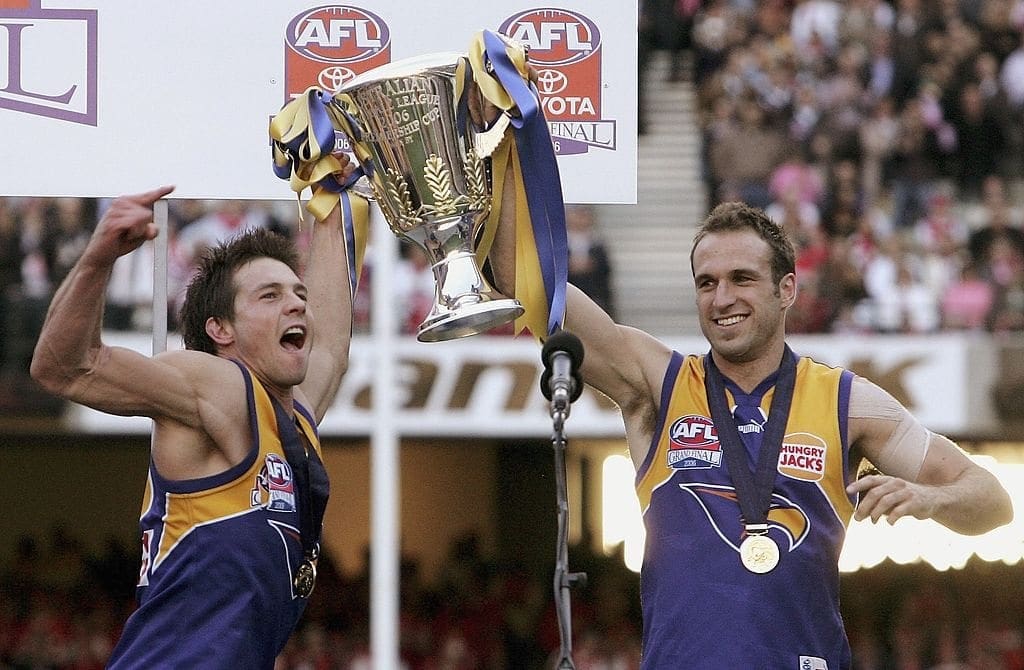While the third pick of the draft is the bronze medal selection, that doesn't mean that clubs aren't able to strike gold with the pick. While two clubs get to draft a player first, often a few hidden gems slip through this miniature crack.
Looking over the picks since 2000, there isn't the same depth as the first two selections. However, at the top end of the board, two of the greatest and most damaging players of all time find themselves selected at the 3rd pick.
In what was considered the hardest decision, the choice between Martin vs Judd went back and forth with little separating the two superstars.
Even further down the list, there are multiple club B&F winners, All-Australians and even a player with an (unofficial) award named after them.
This list also looks to get even stronger over the next few years, with Luke Jackson, Izak Rankine and Will Phillips.
Even though each of these names are highly talented players who could someday make their way onto this list, they currently don't have the sustained success to find themselves on this list.
Given a few other star players such as Trent Croad and Shannon Grant were both selected before 2000, this has rendered them ineligible for this list.
We have already looked at the top 10 number 1 and number 2 selections since 2000.
After plenty of thought and collaboration, we now take a look at the 10 best players selected with the 3rd selection of every draft since the 2000 draft.
1. Chris Judd (2001)
Drafted by: West Coast
Appearances: 279-games

The Melbourne-born Judd was selected by the West Coast Eagles in 2001 and immediately proved to be an excellent choice.
By winning the AFLPA Best First-Year Player and earning runner-up honours in the Rising star, Judd quickly became one of the Eagles' most important and talented players.
After flashing brilliance early in his career, Judd took a leap in 2004. This helped solidify himself as one of the league’s best players at a young age. Being the leader of one of the best midfields of all time, Ben Cousins, Daniel Kerr and Dean Cox joined him to create a devastating line-up.
Over his 279-game career, he spent roughly half his time at both the Eagles and the Blues, ending his career averaging 22.9 disposals, 0.82 goals, 4.0 tackles, 5.3 clearances and 4.6 inside 50s.
Judd is also one of the rare examples of a player who was awarded the Norm Smith Medal on a losing team in 2005.
While often remembered for his time at Carlton, it is often forgotten just how good Judd was while at West Coast.
Early on, his speed, explosiveness and strength were unrivaled and provided him the ability to take over a game. In the latter half of his career, injuries began to plague Judd. Due to this, he had to change his game style. Judd was able to play through this and still managed to be one of the league’s best players.
His versatility made him an incredible player that managed to obtain a range of accolades. He was a six-time All-Australian (2004, 2006, 2008-2011), two-time AFLPA MVP (2006, 2011), five-time B&F winner (2004, 2006, 2008-2010) and won a Brownlow at both clubs he played at (2004, 2010).
In what was a close decision, Judd’s best football, and extended success, helped him just edge out Dustin for the best number three selection since 2000.
























